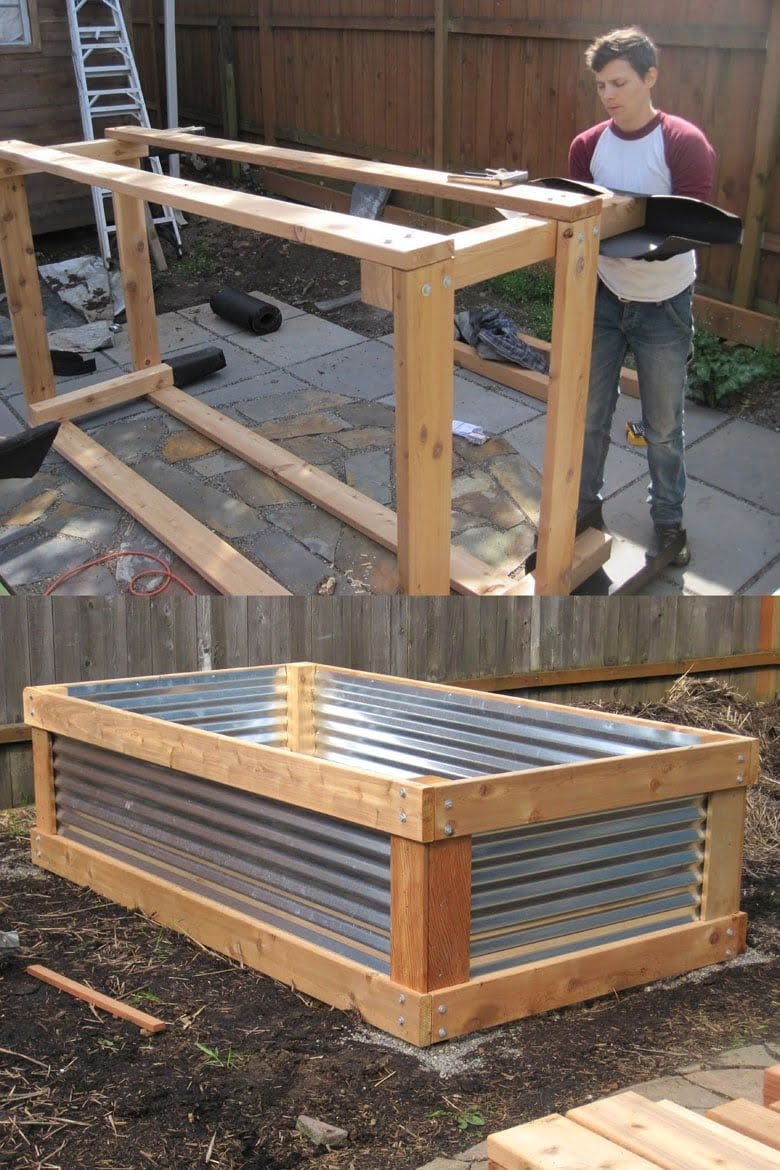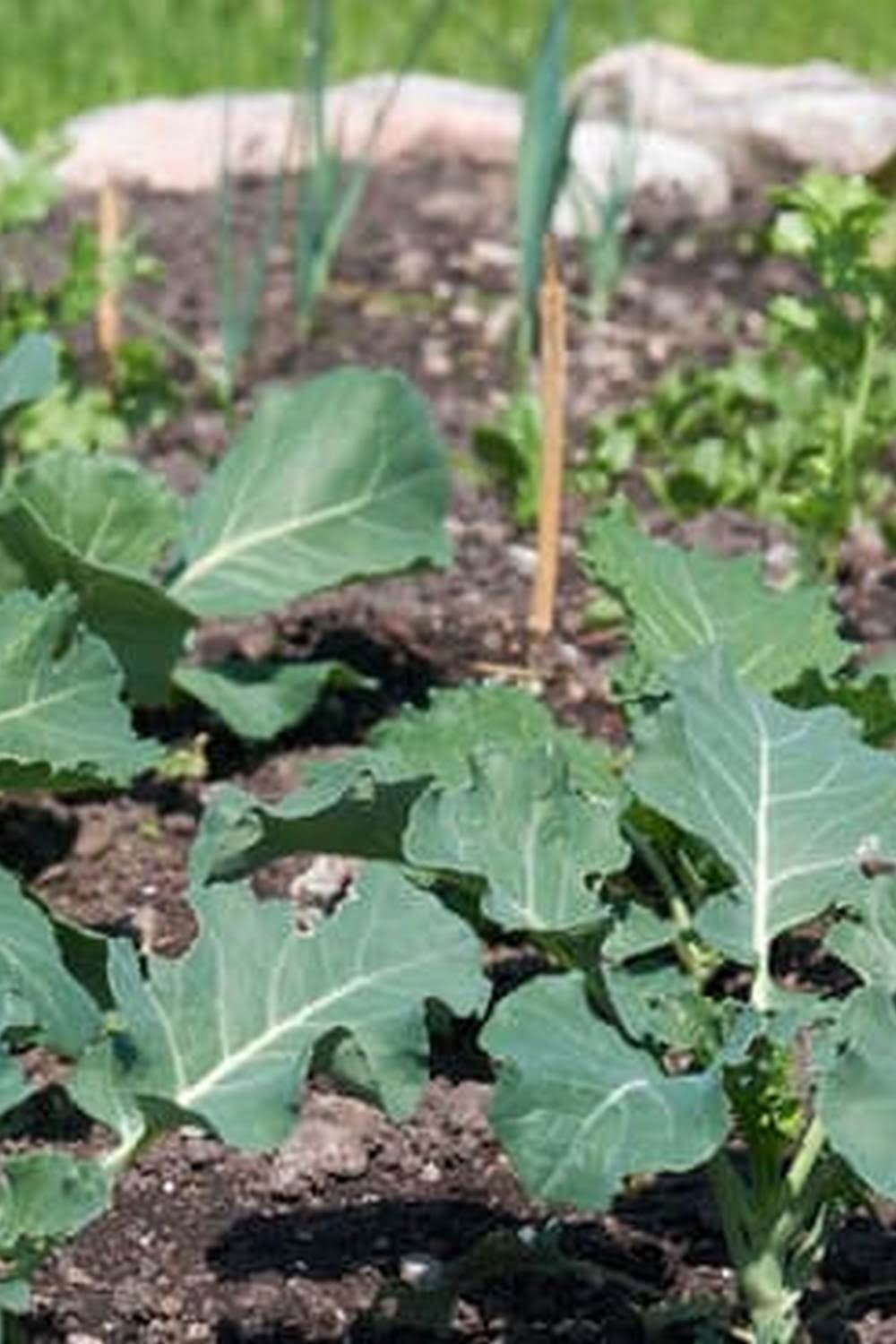Best Soil For A Raised Vegetable Garden
When growing a vegetable garden, it is important to use the best soil possible to ensure healthy, productive plants. The type of soil you choose will depend on the location of your garden and the climate in your area.
If you are gardening in a raised bed, you will want to use a soil mix that is specifically designed for vegetable gardens. This type of soil mix is usually made up of a combination of organic and inorganic materials, which helps to improve drainage and aeration. It also contains a higher percentage of organic matter than traditional garden soil, which helps to provide nutrients to your plants.
If you are unable to find a soil mix specifically designed for vegetable gardens, you can create your own by combining equal parts of compost, sand, and soil. Be sure to mix in a small amount of organic matter such as manure, peat moss, or leaf mold to help improve the soil’s fertility and drainage.
No matter what type of soil you use, it is important to keep it well-drained and amended with organic matter. By using the best soil possible, you can help ensure that your vegetable plants will thrive and produce a bountiful harvest.
What To Add To Sandy Soil For Vegetable Garden
When starting a vegetable garden, adding organic matter to the soil is key. Sandy soils, which are common in the Northeast, can be improved by adding organic matter in the form of compost, manure, or leaf mold.
Compost is a great way to improve soil structure, add nutrients, and increase water retention. It can be made from a variety of organic materials, such as leaves, grass clippings, kitchen scraps, and garden waste.
Manure is another great way to improve soil structure and add nutrients. It can be applied fresh or composted first.
Leaf mold is made from leaves that have been shredded and allowed to decompose. It is high in organic matter and nutrients, and can be used to improve the soil in your garden.
Soil Mix For Raised Vegetable Garden
Beds
If you want to grow vegetables in a raised bed garden, you will need to create a special soil mix. The soil in a raised bed garden is typically a little bit different than the soil in a traditional garden. This is because raised bed gardens are typically smaller than traditional gardens, and the soil in a raised bed garden needs to be able to hold onto moisture and nutrients better than traditional soil.
The best soil mix for a raised bed garden is a mixture of organic and inorganic materials. The organic materials will add nutrients to the soil and help to hold onto moisture, while the inorganic materials will help to improve the drainage of the soil. The best way to create a soil mix for a raised bed garden is to combine one part organic material with two parts inorganic material.
Some of the best organic materials to use in a soil mix for a raised bed garden include compost, peat moss, and manure. Some of the best inorganic materials to use include sand, vermiculite, and perlite.
If you are creating a soil mix for a raised bed garden, it is important to make sure that the soil is well-drained. The inorganic materials that you use in the soil mix will help to improve the drainage of the soil. If the soil in your raised bed garden is not well-drained, the vegetables that you grow in it will not be very healthy.
Best Soil For New Vegetable Garden
When selecting the best soil for a new vegetable garden, there are a few things to consider. Sandy soils drain well and are good for vegetables that require a lot of air, like peppers and tomatoes. Clay soils are dense and hold moisture well, making them good for vegetables like squash and cucumbers. If your garden is in an area that has a lot of clay or sand, you can mix in some compost or organic matter to create a soil that is more balanced.
A good pH level for a vegetable garden is 6.5-7.0. You can test your soil’s pH level with a soil test kit from your local garden center. If your soil is too acidic or alkaline, you can add limestone or sulfur to adjust the pH level.
When planting vegetables, be sure to loosen the soil and add some compost or organic matter to the hole before planting. This will help the vegetables get off to a good start. If you are planting seeds, be sure to plant them at the correct depth and space them appropriately.
The best time to plant a vegetable garden depends on the climate in your area. In most areas, it is best to plant vegetables in the spring or early summer. For more information, contact your local Cooperative Extension Service.
Just Natural Organic Flower And Vegetable Garden Soil
When you garden organically, you want the best soil mix possible to ensure success. Many gardeners use a commercial mix, but these can be expensive and may not be the best for your garden. You can make your own organic garden soil mix for a fraction of the cost of commercial mixes.
The recipe for organic garden soil mix is simple: one part compost, one part peat moss, and one part perlite. You can adjust the recipe to suit your own needs, adding more or less of any of the ingredients to make the mix more or less dense.
Compost is the key ingredient in organic garden soil mix. It is full of nutrients that plants need to grow, and it helps to improve the soil’s structure and drainage. Peat moss is also high in nutrients and helps to retain moisture in the soil. Perlite is used to lighten the mix and to improve drainage.
When you mix your own organic garden soil, be sure to use well-aged compost. Fresh compost can be too hot and may damage young plants. If you don’t have access to compost, you can buy compost or peat moss from a garden center.
Organic garden soil mix is perfect for containers or for gardens with heavy clay soils. It is also a good choice for beginning gardeners, since it is easy to mix and requires no additional fertilizers.

If you’re looking to get into vegetable gardening, or are just looking for some tips on how to make your current garden better, then you’ve come to the right place! My name is Ethel and I have been gardening for years. In this blog, I’m going to share with you some of my best tips on how to create a successful vegetable garden.





